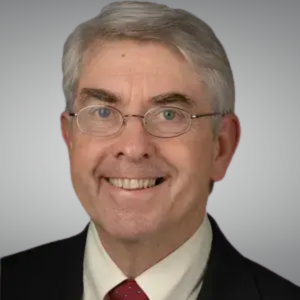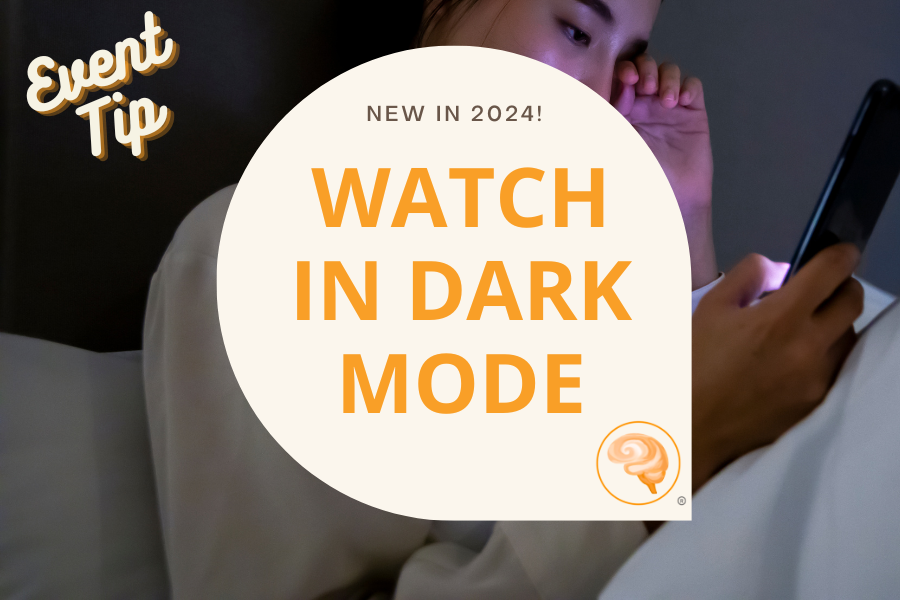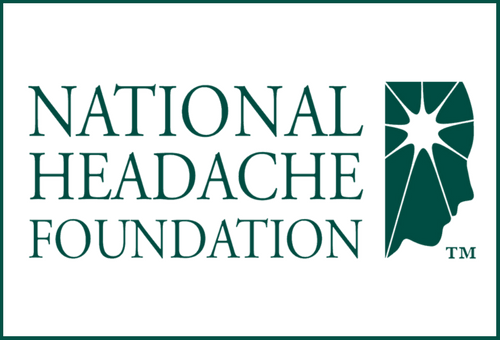Neurological Research Priorities
You are currently watching a preview of this interview. Unlock the full version by upgrading to an Access Pass bundle! Get FREE access to 8 expert interviews from Day 1 and Day 2 when you register today!
Key Questions
- How is the National Institute of Neurological Disorders and Stroke (NINDS) working to reduce the burden of neurological diseases?
- What circuits in the brain are malfunctioning during a migraine attack?
- How is NINDS becoming more patient-centric in its research?
- What can individuals and patient-led organizations do to ensure they are heard and engaged?
- How does NINDS prioritize research funding for individual diseases?
- How has the BRAIN Initiative shed light on the pathophysiology and biomarkers of migraine?
- What is the HEAL Initiative, and what hope can it offer to people with migraine and headache disorders?
- Is there hope for a cure for migraine?
- How can taxpayers advocate for more funding for migraine research?
Interview Notes
- Walter J. Koroshetz, MD
- National Institute of Neurological Disorders and Stroke (NINDS)
- The BRAIN Initiative
- NIH HEAL Initiative
- C. Miller Fisher
- Article: “Entering a New Realm of Migraine Treatment, Research Priorities”
- Article: “Scientists Find New Pain-Suppression Center in the Brain”
- Interview: “Michael Oshinsky, AHS 2021: Migraine Research Update – NIH Roadmap”
- Podcast: “Understanding and Managing Migraine in Kids and Teens”
- X (Twitter): @NINDSdirector
Treatments Mentioned
- CGRP Inhibitors
- Nonaddictive pain medications
- Opioids
- Vagus (vagal) nerve stimulation
Please note: The Migraine World Summit’s aim is to bring you a variety of perspectives and expertise, independent of bias or judgment. Alternative theories presented in this video have not been medically reviewed. Views expressed in this interview do not necessarily represent the views of the Migraine World Summit. Please always consult your health care professional and do your own research before making changes to your treatment plan.

Walter Koroshetz, MD
Director
National Institute of Neurological Disorders and Stroke
Walter J. Koroshetz, M.D., has been the director of the National Institute of Neurological Disorders and Stroke (NINDS) since 2015. Dr. Koroshetz first joined NINDS in 2007 as deputy director and served as acting director from October 2014 through June 2015. As NINDS director, Dr. Koroshetz directs program planning and budgeting, and oversees the scientific and administrative functions of the Institute. He has held leadership roles in many National Institutes of Health (NIH) and NINDS programs, including the NIH’s Brain Research through Advancing Innovative Neurotechnologies (BRAIN) Initiative, the NIH Blueprint for Neuroscience Research, the Traumatic Brain Injury Center collaborative effort between the NIH Intramural Research Program and the Uniformed Services University, and the establishment of the NIH Office of Emergency Care Research. Additionally, Dr. Koroshetz is a member of the Interagency Pain Research Coordinating Committee (IPRCC) and the Executive Committee for the NIH Pain Consortium.
Before joining NINDS, Dr. Koroshetz served as vice chair of the neurology service and director of stroke and neurointensive care services at Massachusetts General Hospital (MGH), and was a professor of neurology at Harvard Medical School. Dr. Koroshetz graduated from Georgetown University and received his medical degree from the University of Chicago. He trained in internal medicine at the University of Chicago and MGH. A major focus of his clinical research career was to develop measures that reflect the underlying biology of patient conditions.

Pre-purchase full access to the entire 2026 Summit, including:
- Every 2026 expert interview, fully unlocked
- Built for real life with migraine
- A trusted reference you can come back to for years
- And more!
Related Talks for: Day 1 (2024)
Controlling Chronic Migraine
Jessica Ailani, MD, FAHS, FAAN
Best Exercise Options for People With Migraine
Elizabeth (Betsy) Seng, PhD
Beginner’s Guide to Headache Types
Courtney Seebadri-White, MD
Over the past 50 years, our mission at the National Headache Foundation has been to further awareness of headache and migraine as legitimate neurobiological diseases. Much has changed during this time. With aid from advanced technology and clinical innovation, there are more treatment options than ever before. However, we understand that these diseases are still largely misunderstood and that finding the right treatment options for you requires insight.
Lundbeck is a global pharmaceutical company focused exclusively on transformative treatments in neuroscience for people with high unmet need. Every day, we strive for improved treatment and a better life for people living with brain disease. We are committed to supporting the migraine community and helping to eliminate barriers that prevent people from being their best.

New in 2024! If you're light-sensitive or just want a more comfortable viewing experience on our site, the Summit is now available in Dark Mode! Just click the orange button in the lower left corner of your screen. Ahhh -- isn't that better?







